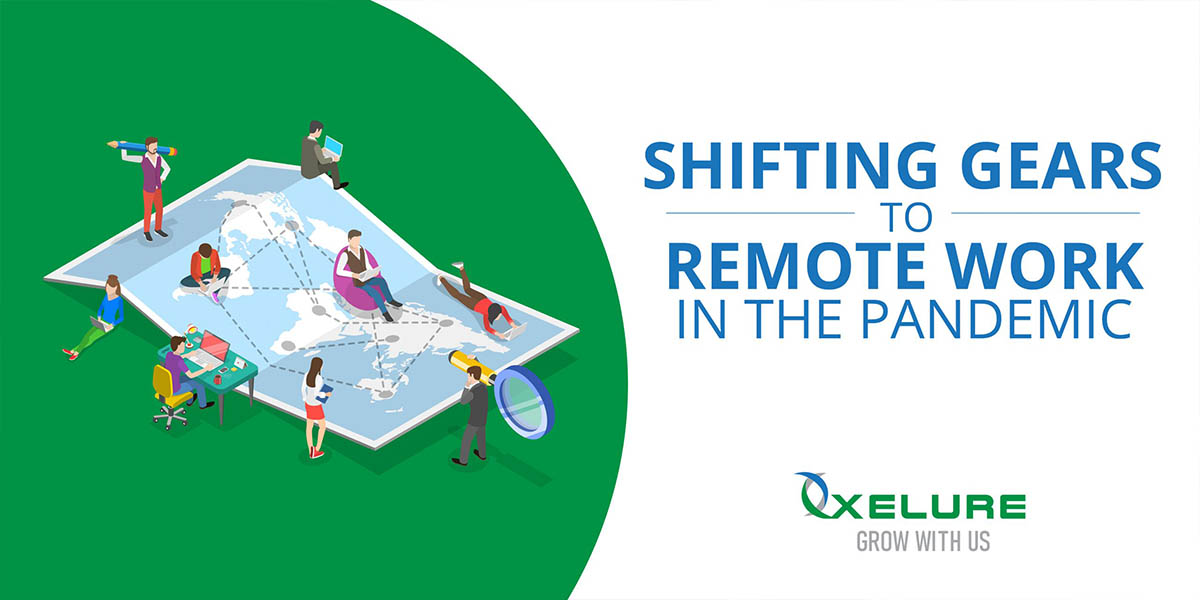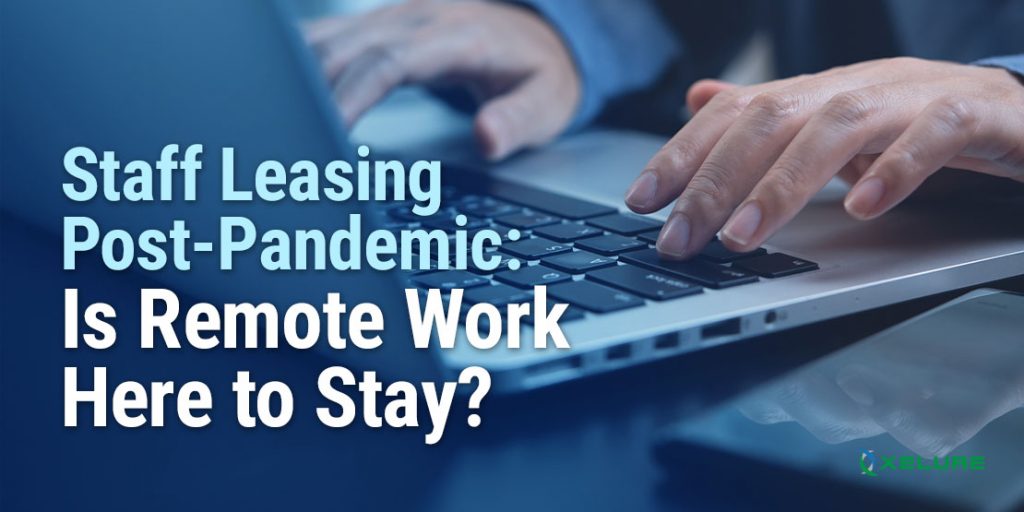Hiring attitudes during the pandemic, including businesses that have proved they can thrive in a remote work environment, has been very erratic to measure owing to the uncertainties surrounding the long-term effects of the pandemic and its prospects. One thing is certain, almost a year later, is businesses don’t want to just survive anymore but want to thrive and grow. They are not stuck in the pandemic freeze, it has not really been business unusual for many in the technology, media, and telecom sector with a market value of 35% of the US GDP according to McKinsey & Company. In fact, many in this sector have been resilient and pandemic proof as their operations and productivity never skipped a beat. McKinsey & Company observe that companies are ahead of the curve and are looking at “next normal”. They base this observation on the fact that many companies, in a matter of weeks, were able to shift gears when the great lockdown happened, quickly providing support, infrastructure, and skills where needed. It is in this next normal that many companies are now positioning themselves.
According to McKinsey & Company five things are shaping the next normal: changes in demand, an altered workforce, changes in resiliency expectations, regulatory uncertainty, and of course the evolution of the virus. We zero in on the altered workforce, the recruitment processes, and how this idea of resilience and agility is figuring into the core of this next normal. We also take a glimpse into the future with Artificial Intelligence changing the way companies recruit the best talent.
…We zero in on the altered workforce, the recruitment processes, and how this idea of resilience and agility is figuring into the core of this next normal…

To be competitive, recruiters are now tasked to do more with less because of the “remote” shifts in strategy.. As in-person interviews are a thing of the past, greater weight is placed upon the “data” found in candidate profiles, CV’s and resumes. Recruiters will be rated more on their screening skills, ability to find the perfect match and their data mining aptitude.
Recruiters also face a challenge as we see a trend of rapid upskilling of talent as companies find the best hires may not necessarily be external but may be found and grown in house. This means filling open req’s quickly are ever more important as their hiring firms are evaluating training vs hiring timelines.
Recruiters are expected to support business growth and stability. HR practices and recruitment are now being relied on to support the survival and growth of businesses. Lastly, recruiters are expected to be the human face of the businesses they represent – trying to empathize, being more personal and shedding that professional veneer. Therefore, online networking is viewed as a way forward for jobseekers and recruiters. Initially a niche trend, it is now considered a sense of purpose to survive in the next normal.
It cannot be emphasized more that recruitment continues to be highly competitive! Scoping out the competition and how they are recruiting is fierce. Hence, understanding how competitors are sourcing talent is never more important. Competition is not just other recruiters… but also other hiring firms seeking the same talent. Lastly, the advancement of artificial intelligence and data mining within the recruitment portals that empower hiring managers and firms directly.

Critical to attracting top talent, recruiters must create client-like experiences for job seekers. Within these user experiences, recruiters must persuade the target talent into creating profiles so they can be easily matched with high valued positions and opportunities. These data-rich profiles are essential in improving recruitment strategies. Job seekers are valuable commodities, so websites, portals, and apps need to be tailored specifically to their needs and wants.
Companies are being more upfront with perks and benefits and including them in their job advertisements– Being upfront with company culture along with tangible and intangible benefits are a ways companies are marketing to attract job seeker prospects.

In the Next Normal, recruitment is marketing as job seekers heavily research company profiles and their social media reviews. The average job seeker will only look at a job ad for fourteen seconds before scrolling to the next posts. For this reason, job descriptions, titles, and company profiles MUST SELL to attract the top talent. So companies are realigning their recruitment marketing platforms to ensure flexibility and creativity in marketing the firm and the role. Together with the external marketing execution firms need to align the entire hiring team on the recruitment marketing strategy so that they speak with one voice. We will go into that more in another article. Recruiters must be able to build a solid talent pipeline which can readily pounce when opportunities present themselves. Thus, marketing is not limited to addressing the immediate needs but must build and nurture connections with the talent pool.
Lastly, the pandemic has made virtual or remote recruiting the normal and it will be the FUTURE in the post-pandemic world. Video interviewing and the use of video interviewing software have been on the rise prior to the pandemic, as well as, technical and behavioral assessments. The recruitment process is taking advantage of these technologies and driving many of the new requirements as more and more vendors enter the space.
TIP: Generation Z job seekers appreciate tech savvy organizations regardless of the position being applied. So companies need to know how to maximize technologies. You can’t just talk about it – You have to be able to show it.

As noted earlier, Artificial Intelligence is increasingly being leveraged by early adopters for candidate matching and assessment. The race to hire the top tech candidates in the remote working world along with the change from face-to-face to virtual interviewing will quickly bring the rest of the recruiting world with it. According to a LinkedIn survey 35% of professionals, hiring managers, and HR practitioners feel that AI is the top trend impacting who they recruit. In fact, an estimated 88% of companies globally are now using some form of AI in the HR process with China (100%)and the United States (83%) among the leaders. But AI is still at its infancy in the recruitment arena as data scientists will be bringing there tech from other industries changing the practice forever. The biggest challenge to today’s recruiters will be how quickly they can adopt to using AI and how it will add value in the hiring space
For the Next Normal, successful companies recruitment strategies will consist of a clever mix of “techpertise” (tech and expertise”), marketing savviness, and heavily leveraging AI for data mining
Watch out for our follow-up article on Artificial Intelligence.





